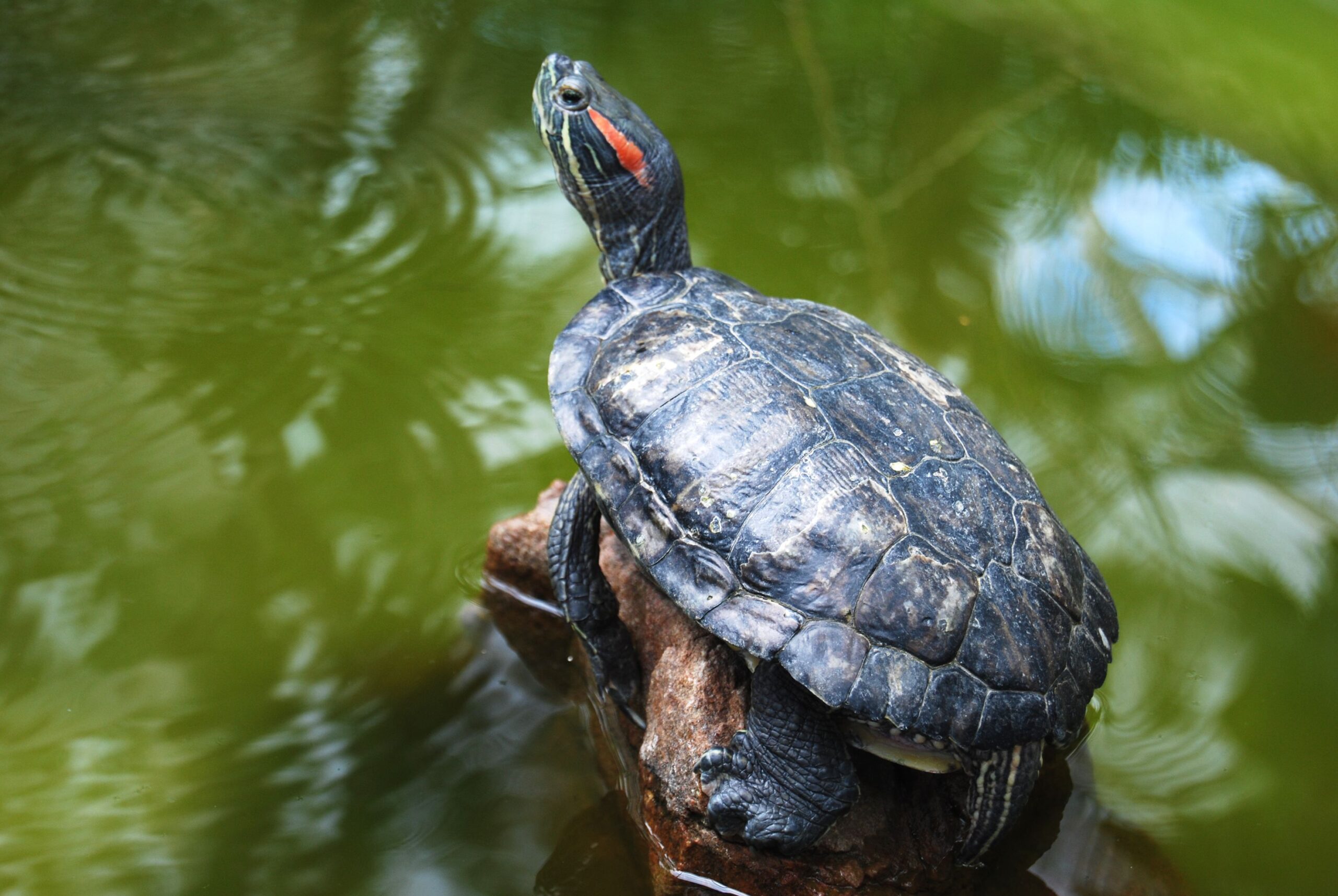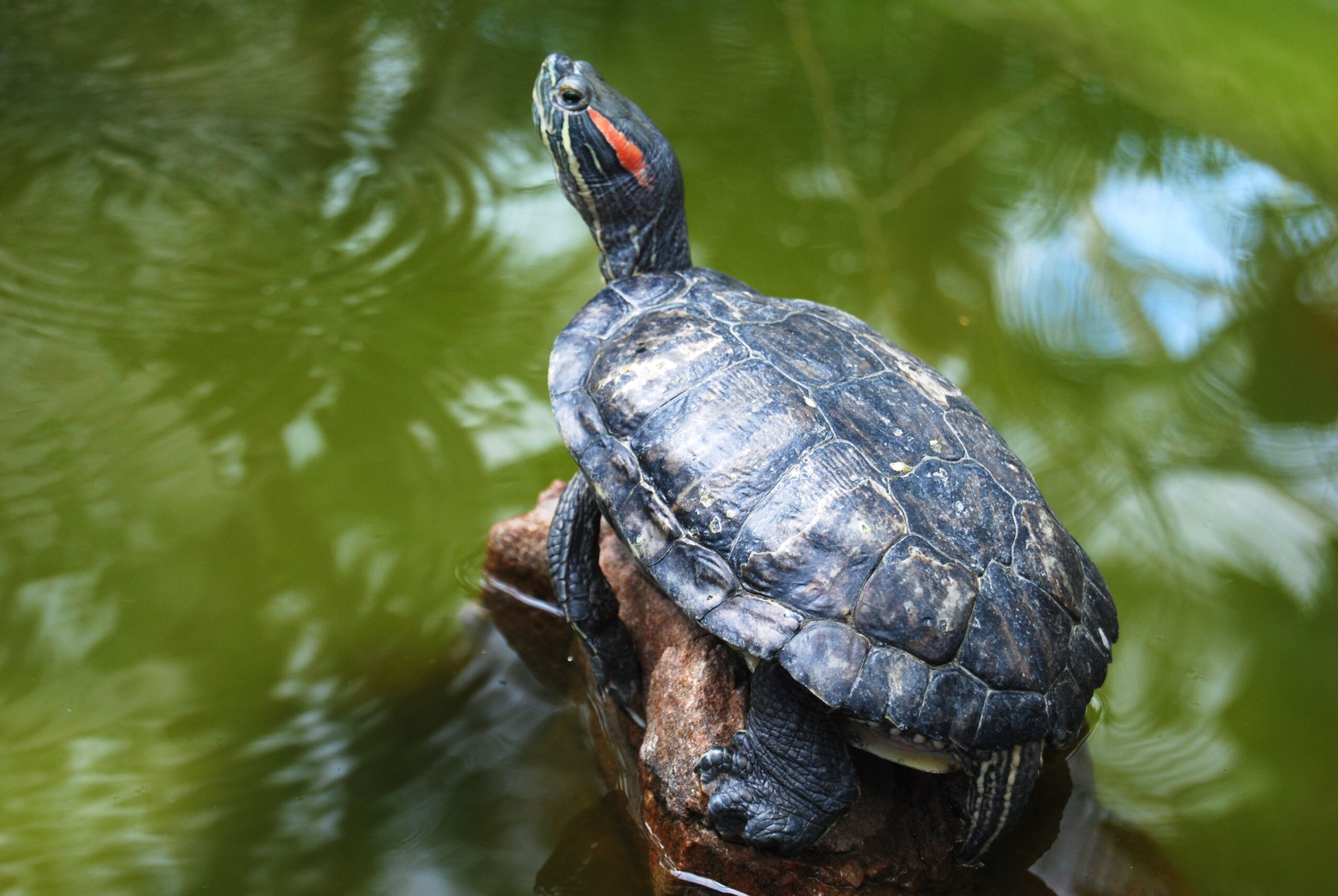Snapping turtle eggs typically take around 60 to 90 days to hatch. The incubation period varies based on environmental conditions.
Snapping turtle eggs undergo an intriguing process of development before hatching. Understanding the timeline for these eggs to hatch is crucial for conservation efforts and wildlife enthusiasts. We will delve into the factors influencing snapping turtle egg incubation, the stages of development, and how long it takes for these eggs to hatch.
By gaining insights into the hatching process of snapping turtle eggs, we can appreciate the wonders of nature and the importance of protecting these fascinating reptiles. Let’s explore the captivating world of snapping turtle egg hatching together.
Snapping Turtle Reproduction
Snapping Turtle Reproduction: Snapping turtles typically mate in the spring, with females laying eggs in late spring or early summer. The mating behavior of snapping turtles is quite aggressive, with males pursuing females and mounting them in the water. Nesting habits involve females seeking sandy or loose soil to dig a nest, often near water. They lay a clutch of eggs, usually between 20-40, before covering the nest and returning to the water. The eggs are left to develop and hatch on their own, with the process taking approximately 55-125 days, depending on various environmental factors.
Egg Laying Process
The egg laying process of snapping turtles begins with the selection of a suitable nesting site. Female turtles prefer sandy or loose soil near the water’s edge to dig their nests. The size of the egg clutch varies depending on the age and size of the female turtle. Older and larger females lay more eggs than younger and smaller ones. After laying the eggs, the female covers the nest with soil and leaves it to incubate for about 60-90 days.
During this period, the temperature of the nest determines the sex of the turtle. Warmer temperatures produce more females, while cooler temperatures result in more males. After the incubation period, the eggs hatch, and the baby turtles emerge from the nest. They make their way to the water, where they start their journey of growth and survival.
| Egg Laying Process | |
|---|---|
| Selection of Nesting Site | Female turtles prefer sandy or loose soil near the water’s edge to dig their nests. |
| Egg Clutch Size | The size of the egg clutch varies depending on the age and size of the female turtle. Older and larger females lay more eggs than younger and smaller ones. |
Incubation Period
Snapping turtle eggs typically take 9-18 weeks to hatch. The incubation period is influenced by environmental factors such as temperature and moisture. Warmer temperatures can result in faster incubation, while cooler temperatures can prolong the process. The duration of incubation can also be affected by the depth at which the eggs are buried. It’s important to ensure that the eggs are protected from predators during this time. Once the eggs hatch, the baby turtles will make their way to the water where they will begin their journey to adulthood.
Factors Affecting Hatch Time
Snapping turtle eggs typically take 9-18 weeks to hatch, depending on various factors. One of the primary factors affecting hatch time is temperature. Warmer temperatures generally result in quicker hatching, while cooler temperatures can delay the process. Additionally, moisture levels play a crucial role. Adequate moisture is essential for the eggs to develop properly and hatch within the expected timeframe. It’s important to monitor these factors to ensure the successful hatching of snapping turtle eggs.
Signs Of Hatching
Snapping turtle eggs typically take 9-18 weeks to hatch. The process is indicated by changes in the nest, such as loosening and collapsing. Auditory cues, like scratching and rustling sounds, may also be heard from the nest area. These signs indicate that hatching is imminent, and it’s crucial to avoid disturbing the nest during this time. Once the eggs hatch, the young turtles will make their way to the water, so it’s important to provide them with a clear path to ensure their safe journey.
Hatching Process
Snapping turtle eggs typically take 9-18 weeks to hatch. The hatching process begins with the breaking of the shell by the hatchlings. Once the shell is broken, the emergence from the nest occurs. Hatchlings rely on environmental cues to determine the timing of their emergence.
Conclusion
Understanding the hatching process of snapping turtle eggs is crucial for their survival. By knowing the timeline and conditions needed, we can help protect these fascinating creatures. Remember to give them space and time to hatch naturally in their environment.
Protecting turtle eggs is vital for their conservation.



Leave a Reply